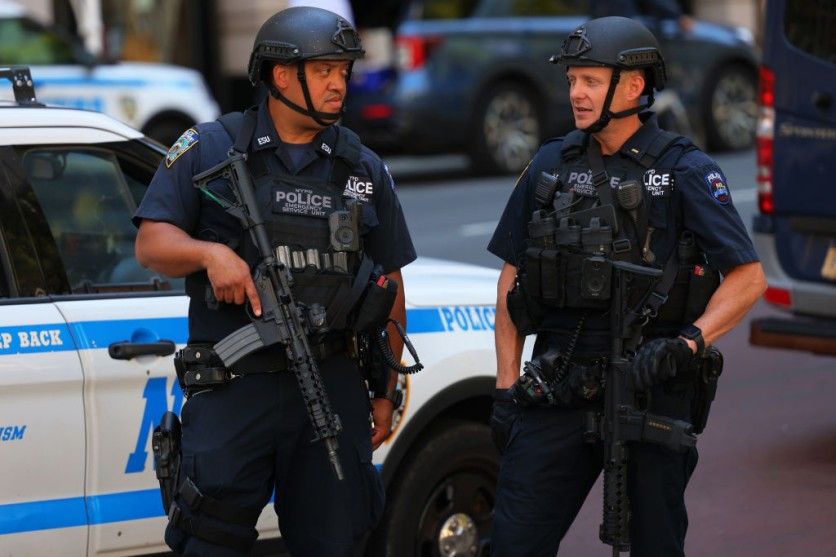A crime-predicting AI was recently introduced to several cities in the United States. The project's principal creator is a professor at the University of Chicago, Ishanu Chattopadhyay, who claimed that police forces would not abuse the system.
The AI system, according to a study published in the journal Human Behavior, can anticipate where and when a crime would occur with 80 to 90% accuracy.

AI in Law Enforcement
"People have concerns that this will be used as a tool to put people in jail before they commit crimes. That's not going to happen, as it doesn't have any capability to do that. It just predicts an event at a particular location," Chattopadhyay told the BBC.
The use of AI in law enforcement has already become common, same with its issues. As noted by Futurism, a similar AI software has been linked to cases of wrongful imprisonment and even the death of an unarmed 13-year-old child.
Chattopadhyay addressed some of these issues, including AI's well-known racial issues, in an interview with the BBC. Chattopadhyay says he hopes his AI will be used to reduce crime through social and political methods and not just through excessive policing.
Other AI systems, in his opinion, are oversimplified and rely excessively on data from individual traits and jail records. As a result, he believes that his approach "reduces bias as much as possible" because it solely uses event log data.
How Does the AI Software Predict Crime?
The public has begun receiving crime event logs from the city of Chicago and the seven other cities, Chattopadhyay added. The event logs are updated daily within a week in Chicago.
These event logs include details such as what occurred, the sort of crime that occurred, the location, the latitude, the longitude, and a timestamp. The AI also provides information about arrests made in Chicago due to interactions with police officers.
The city is then divided into sections that are about 1,000 feet [300 meters] across through digital means once the event log is finished.
"And in one of those tiles, we'll see this time series of these different events, like violent crimes, property crimes, homicides, and so on. This results in tens of thousands of time series that are coevolving," Chattopadhyay said.
The method examines these coevolving time series and determines how they are related, how they are constrained by one another, and how they are forming one another, which eventually brings up a complex model. The crime prediction ultimately depends on the event log.
Related Article : An 'AI-Powered Hologram' Creepily Revives Dead Woman to Deliver A Speech at Her Funeral
This article is owned by Tech Times
Written by Joaquin Victor Tacla
ⓒ 2025 TECHTIMES.com All rights reserved. Do not reproduce without permission.




